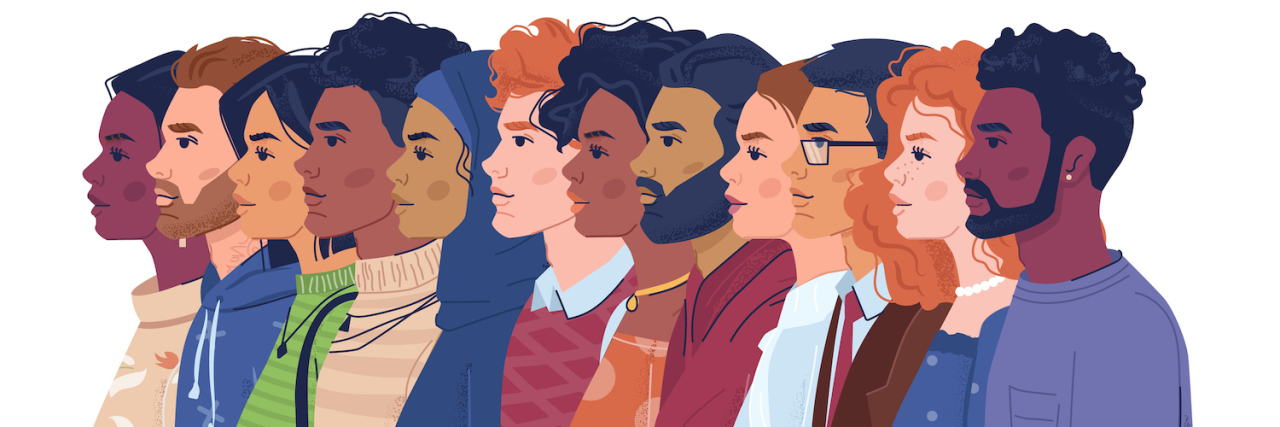It’s September — among other things, a month that has been designated as National Suicide Prevention Month. And with that comes an influx of social media posts about suicide prevention, typically focused on the phone number for the National Suicide Prevention Lifeline (or a local alternative). This trend continues beyond social media; in the large amount of news stories about the mental health impacts of the pandemic and other recent events, the overwhelming majority have advertised a solution for those in crisis: one or more crisis hotlines. And in response to a nationwide and global mental health crisis, efforts have been taken to expand the availability of crisis lines and promote these services. There is no question about it — crisis lines save lives, and help people through extraordinarily difficult moments.
All of that said — I say as someone who has been on both sides of a crisis hotline (as a volunteer and a user) — these services have their limitations. Crisis hotlines cannot be the end-all-be-all of suicide prevention. They can be an excellent source of support for those in an acute crisis, a place to help find more long-term resources or to develop a plan for navigating a crisis. These resources, however, cannot be the primary focus of suicide prevention efforts.
There are many factors that can lead to suicidal ideation — biological, social, psychological and life stressors. No two people have the same circumstances surrounding their suicidal ideation. To truly work on preventing suicide, in addition to promoting crisis resources, we also need to focus on the many systemic harms and barriers that contribute to suicidal ideation. Far too many people are barred (for financial reasons, cultural reasons or otherwise) from accessing routine and urgent mental health care. The social and economic conditions facing many people in this country, particularly those from marginalized groups, lend themselves well to despair and worsened mental health. We urgently need more efforts to address these aspects of suicide prevention. Thousands of lives depends on it.
I have no complaints about the fact that there is increasing awareness about mental health and suicide prevention, or that people are sharing lifesaving resources. But suicide prevention is more than a phone number, and comprehensive suicide prevention is long overdue.
Getty image by Oleksandr Pupko

